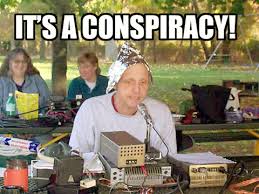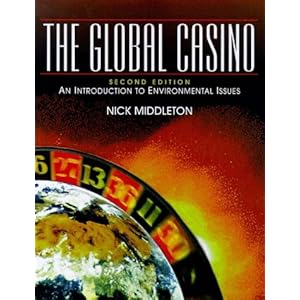A couple thoughts on the midterm elections.
1. The system works just the way the founders wanted it to: the volatile House switches parties to reflect the fickle passions of the masses, while the Senate holds those passions in check. For the last two years, we Democrats have complained about the dysfunctional Senate and its progress-killing filibuster rule - and yet in the end, the Senate's built-in conservatism turns out to be the liberals' levy against a tide of un-reason. Or as James Madison put it, a buffer against the tendency of a more democratic body to "yield to the impulse of sudden and violent passions, and to be seduced by factious leaders into intemperate and pernicious resolutions." While I can't understand how the electorate can change its mind so quickly on who to vote for, the Founders anticipated this and built in safeguards against the will of the people. And in November 2010, at least, the Senate did its job.
2. But there's one problem beyond the founders' foresight, and that problem is global climate disruption. In general, I'm fine with the government staying out of things and letting people go about their business; the Founders did a great thing by setting up government to check itself. That was especially true when the chief problem they were trying to solve was that of tyranny.
But they largely solved that problem; tyranny, though a major problem in the 18th century, just isn't something we need to worry about anymore. When free health care is the worst thing the government can do to you, you know things are pretty good. The chief problem of THIS century, global climate disruption, is not one of too little freedom, but one of too much license to live irresponsibly. It's the one problem that's both big enough--truly big enough--to matter, and requires government to solve it. And for members of government to sell out God's earth to protect money-making (or ignorance) is an abomination of Biblical import.
Honestly, if it weren't for this issue, I probably wouldn't care about politics. Because the truth is, Republican or Democrat, life goes on. The economy will eventually get back on track. People will still fall in love. Babies will still be born, and kids will still play football. And all the while, asphyxiating carbon dioxide will still build up in the atmosphere, with potentially unimaginable consequences. And that's why I still care.
3. Apparently the only part of the American economy that's generating jobs is the CNN political newsroom. The funniest moment of the night (for me) was the first time I saw CNN's camera pan away from one panel of 8 political "experts" onto a second table of about 6 different "experts." Maybe if you get enough people who have no idea what they're talking about all shouting at the same time, you can confuse the audience into not fast-forwarding their DVR through the commercials.
4. The second funniest moment: on a break to commercial, the voice says "'Election Night in America' brought to you by Exxon Mobil." Seems to explain everything...
3 months ago




























